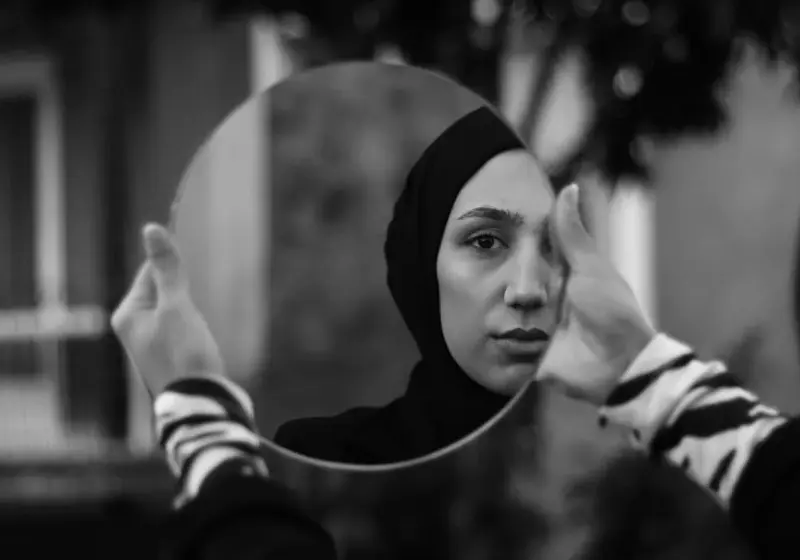During this past month, Prime Minister Narendra Modi banned wearing the hijab in classrooms in the state of Karnataka, India. There, a group of Muslim students' refusal to remove their religious headcoverings led to their being prevented from entering their college, being forced to sit in a separate room by themselves rather than amongst their peers.
Protests soon erupted throughout the nation and around the world at this injustice. A hijabi student from the college affected by this ban cried out, “How is it fair that other students are being taught and we are told to sit separately and self-study, just for wearing a headscarf?” The violation of their rights to practice religion and receive education was undeniable.
Just recently, on March 15th, this ban was taken to court, where it was upheld and further solidified. Many high public officials in Modi’s Hindu nationalist Bharatiya Janata Party (BJP) spoke strongly in favor of the ban. The court ruled that the hijab is “not essential” for Muslim women, banning it in classrooms across the state.
The hijab, a common term used to refer to a Muslim woman’s headcovering, is a symbol of her faith and a protection for herself. It is not a representation of terrorism, extremism, or other violent actions.
As a hijabi myself, I can not help but feel angered and frustrated at the nation’s ban. The court’s declaring that the hijab is “not essential” for Muslim women is not only flawed, but also extremely infuriating and degrading of true Islam. Additionally, the actions of a non-Muslim court to control another religion and dictate the actions of women is unfair.
Sadly, India is not the only country that places limits on the actions of Muslim women. In France, lawmakers voted to ban the hijab in competitive sports last month. This antagonization of Muslims, especially Muslim women, in France is nothing new. Full-body and face-covering clothing such as the burqa and niqab have already been banned in public areas since April of 2021.
France is amongst many other so-called progressive nations that have hindered freedom of religion. In Germany in 2017, a Muslim woman was rejected from a job offer due to her hijab. Policies banned the wearing of “any signs of their political, philosophical or religious beliefs” in their hypocritical attempt to create equality in the workplace.
In nations like the Netherlands and Denmark, bans were enforced on the wearing of the burqa and niqab on public transportation and in schools, hospitals, and government buildings. Those who violated it were subject to a fine.
Especially in India and France, the need for a nationalistic government greatly hinders freedom of religion. India’s recent ban has only created new tensions and has further marginalized Muslims. Prime Minister Modi has claimed that his policies benefit all Indians; however, many Indian Muslims are forced to turn against their nation due to its injustices against them.
Many cover up blatant intolerance for others and intense nationalism with claims like “The hijab does not fit the dress code” or “The hijab is ostensible.” BJP member Ganesh Karnik contested these claims, stating that “school is not the place where you have to insist on your priorities or your choices with regard to your faith.” Similarly, French Senator Jaqueline Eustache-Brinio said, “Sport and school are two places that we must preserve and for which we must resist. Sport is a place where— whether you are rich or poor, black or white, atheist or believer— we can practice together and have shared time.”
Many politicians claim that these bans are for the greater good of their country; however, the resulting division and anger show otherwise. The hijab is a symbol of Islam, and Islam stands for peace.
The message behind the hijab and other modest garments is to protect a Muslim woman from harmful things in society while also preserving her inner beauty and maintaining her morality. In the holy book of Islam, the Holy Quran, God says, “...disclose not their beauty except that which is apparent thereof, and that they draw their head-coverings over their bosoms…” (24:32).
There is no threat in these beliefs. However, a Muslim’s freedom of religion and a woman’s rights are constantly being scrutinized and hindered.
Aliya Assadi, a student in Karnataka, recently said, “It’s not just a piece of cloth. Hijab is my identity. And right now, what they’re doing is taking away my identity from me.”
It is a woman’s choice, and only her choice, as to how she chooses to display her body. As Women’s History Month comes to a close, it is even more important to recognize these global injustices and raise awareness about them.
I strongly feel for my Muslim sisters in India and around the world who are trapped in a place that does not support them and who do not have access to the freedom of religion and women’s rights that I take for granted. I pray that India’s discriminatory hijab ban will be reversed, and I hope others feel inspired to fight for change in any way against this injustice.





.jpg)




